The Waikato Regional Council’s Healthy Rivers proposed plan change is pitching dairy farmers against drystock farmers, is short-sighted, inequitable and unsustainable, says Rick Burke, who is chairman of the new group Farmers for Positive Change Wai Ora Waipa-Waikato. “It is not a healthy place to start a long journey together to achieve the vision of healthy rivers,” says Rick, who is a drystock farmer in the Western Bay of Plenty. While the proposed change affects farmers in the Waikato, Rick, who is past chair and current member of the Beef + Lamb Mid Northern Farmers Council, has accepted the role of chairman of the new group because he believes “it is of national, importance that this proposed plan change is sustainably credible and unites our farming communities in a vision for the future”. Council’s proposal is to take a ‘grand-parenting’ approach to managing nitrogen leaching by giving each property a Nitrogen Discharge Allowance – referred to as an NDA – using Overseer Nutrient Budgets to assess the nitrogen that property was deemed to be leaching in 2014-2015 or 2015-2016 years of production. Rick says this system will in fact reward the polluters and significantly disadvantage those who are already leaching less nitrogen by locking them into a situation, which gives no flexibility for future farming systems or land use. Natural capital Instead, the group advocates council adopt the ‘Natural Capital’ principle that James Bailey, who is representing drystock farmers on the Collaborative Stakeholders Group, pushed for. This alternate approach to manage nitrogen was very close to being accepted by the CSG, says Rick. Farmers attending workshops across the Waipa-Waikato catchment hosted by Beef + Lamb had a consistent number one message to the CSG; they have no appetite for a Nitrogen Reference Point, or grand-parenting. “We are now questioning whether the CSG was equitable in its representation and if was committed to the collaborative process. Was the CSG group and the technical leaders’ groups impartial and balanced?” Drystock farmers account for 60 per cent of the land use in the Waipa and Waikato districts – yet their views have been largely overlooked in the proposed plan change, says Rick. “Our issue is not with the vision of Wai Ora Waipa-Waikato, which we embrace, but with the mechanism to achieve currently proposed in the healthy rivers plan.” Rather than impose nitrogen limits, Farmers for Positive Change want council to adopt the natural capital approach which would, with land management plans, assess the best uses of individual farms along with means to manage nutrient leaching and sediment run-off on a case-by-case basis. Farmer ownership “This is something farmers can take ownership of and pride in, rather than being bowed down by regulations which will seriously impact the ability of some to remain economically viable.” Rick says focusing solely on nitrogen is not the answer to improving the water quality of rivers either. The solution is a much more holistic approach, which will look at soil types, land contour, stocking rates and may include retiring steeper, less productive areas of some farms and recreating wetlands. “If the Waikato Regional Council is truly serious about achieving its vision for healthy rivers it needs encourage farmers to apply a full range of environmental measures specific to individual land class and farming activity that will significantly improve water quality within the catchment,” says Rick. “For example, this process should include a focus on the re-establishment of wetlands on the lower lying, intensive land use areas.” Farmers for Positive Change, whose members include sheep and beef, deer and dairy farmers, feel so strongly that proposed plan change one is wrong, that the group has written to Waikato Regional Council chairperson Paula Southgate asking it to be put on hold while alternatives to the current grand-parenting approach are explored. Independent commissioner “We seek that the plan is referred back to the CSG for reconsideration with a strong mandate from council to develop an alternative way of managing nitrogen to the one currently proposed. “We believe this approach will be transparent, will result in greater community buy-in and save our community and the council both time and money. “If we can agree as a region on an approach that has the buy-in of all the members of the CSG then this is much more likely to result in a plan that will achieve positive actions on the ground.” The group is also asking that the CSG process be chaired by an appointed independent commissioner. Rick says the future for NZ’s drystock and dairy farming lies in this country producing value-added, top quality primary produce, which international consumers are prepared to pay a premium for. “However, we can’t go on the world stage and tell the story of how we produce foods in an economically and environmentally sustainable way, if we have regulations like the proposed Plan Change 1 which rewards polluters.” The Waikato Regional Council released its Draft Healthy Rivers/Wai Ora: He Rautaki Whakapaipai plan for public consultation after a lengthy debate at its September meeting. Councillors were deadlocked seven to seven over whether or not to release the plan – and it was chairperson Paula Southgate’s cashing vote that decided the outcome. Paula told Coast & Country News her decision to vote for the plan’s release does not indicate she endorses all parts of the document – but she does uphold the process of co-governance and the work of the stakeholders and technical advisors groups. “Now the document is out for public submission all aspects of it will be fully digested and heard throughout the 80 day period,” says Paula.Plan out for public submissions
Wednesday, April 17, 2024
Posted: 8:00am Tuesday 11 Oct, 2016 | By Elaine Fisher elaine@thesun.co.nz
Healthy rivers plan change 1 “unhealthy”
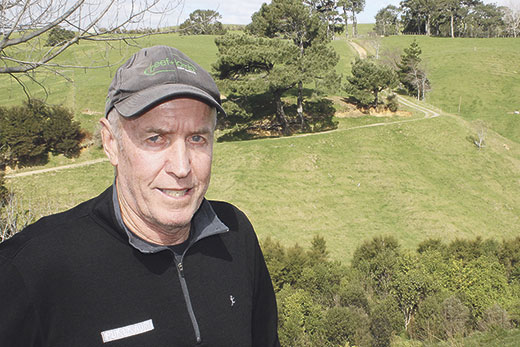


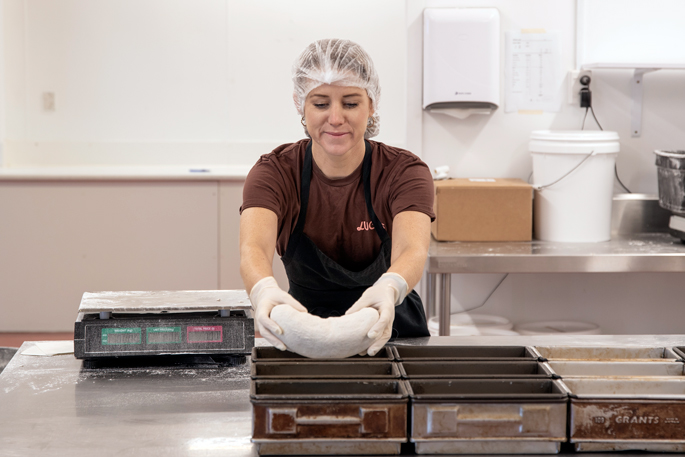
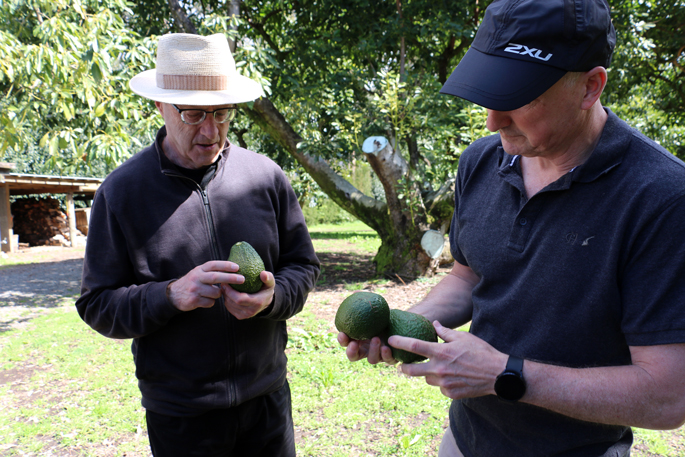
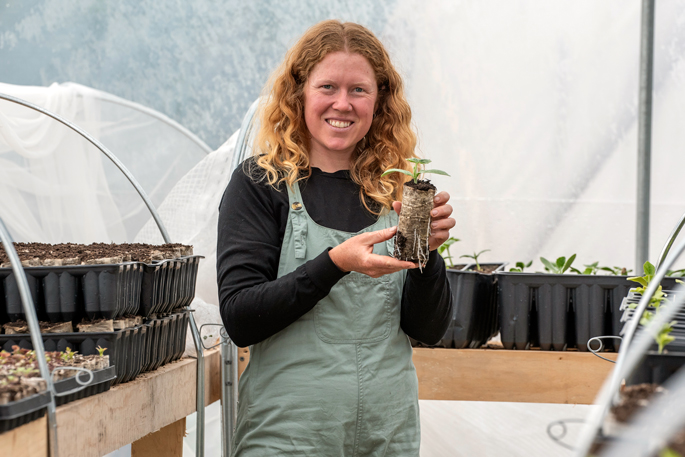
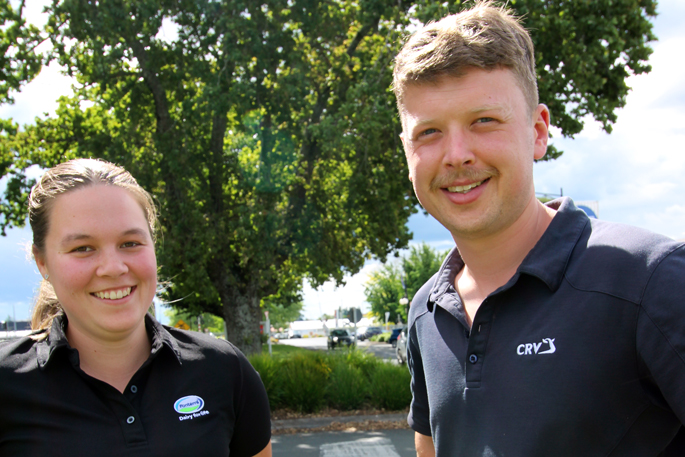
0 Comments
Leave a Comment